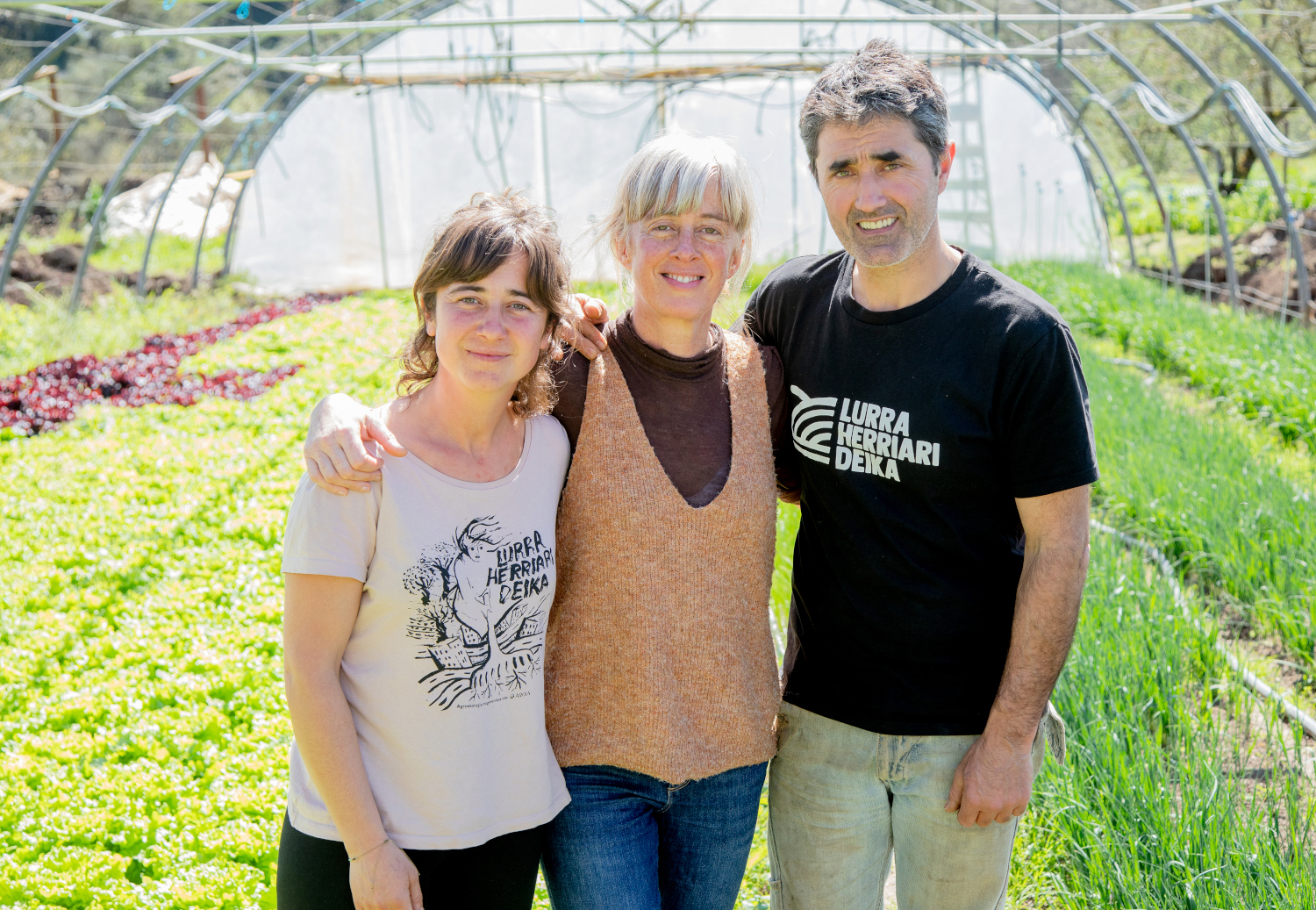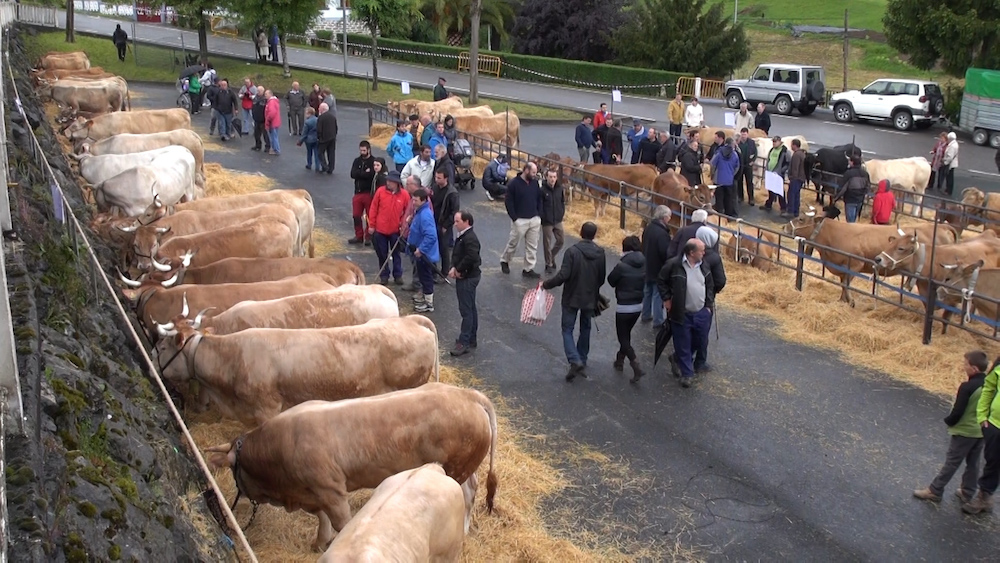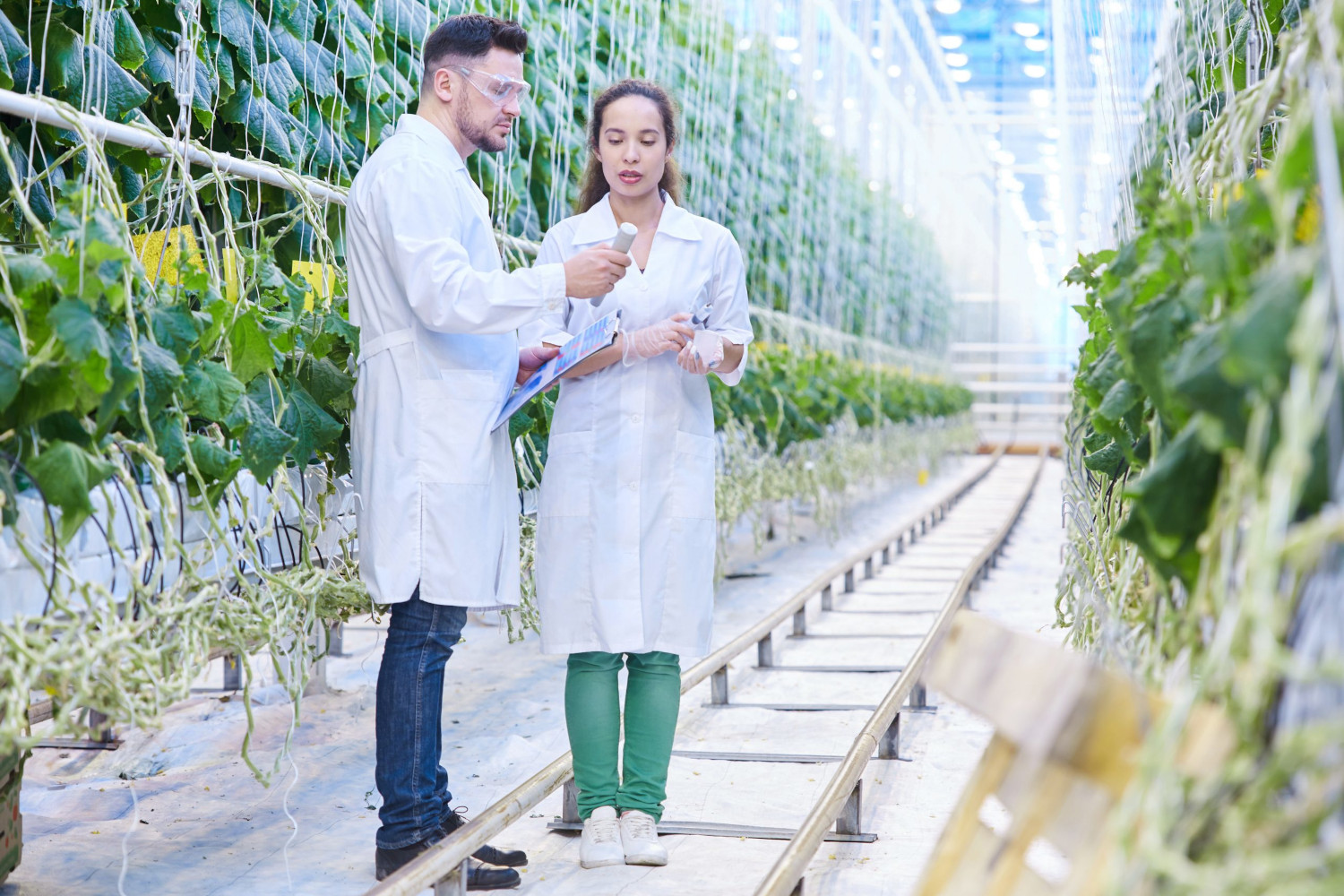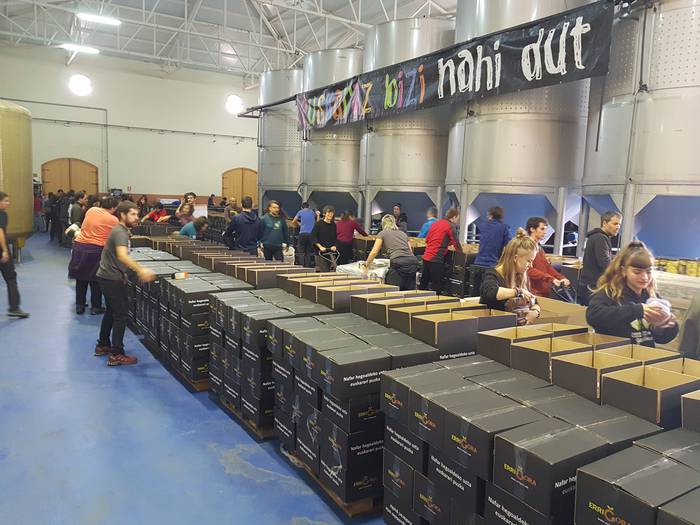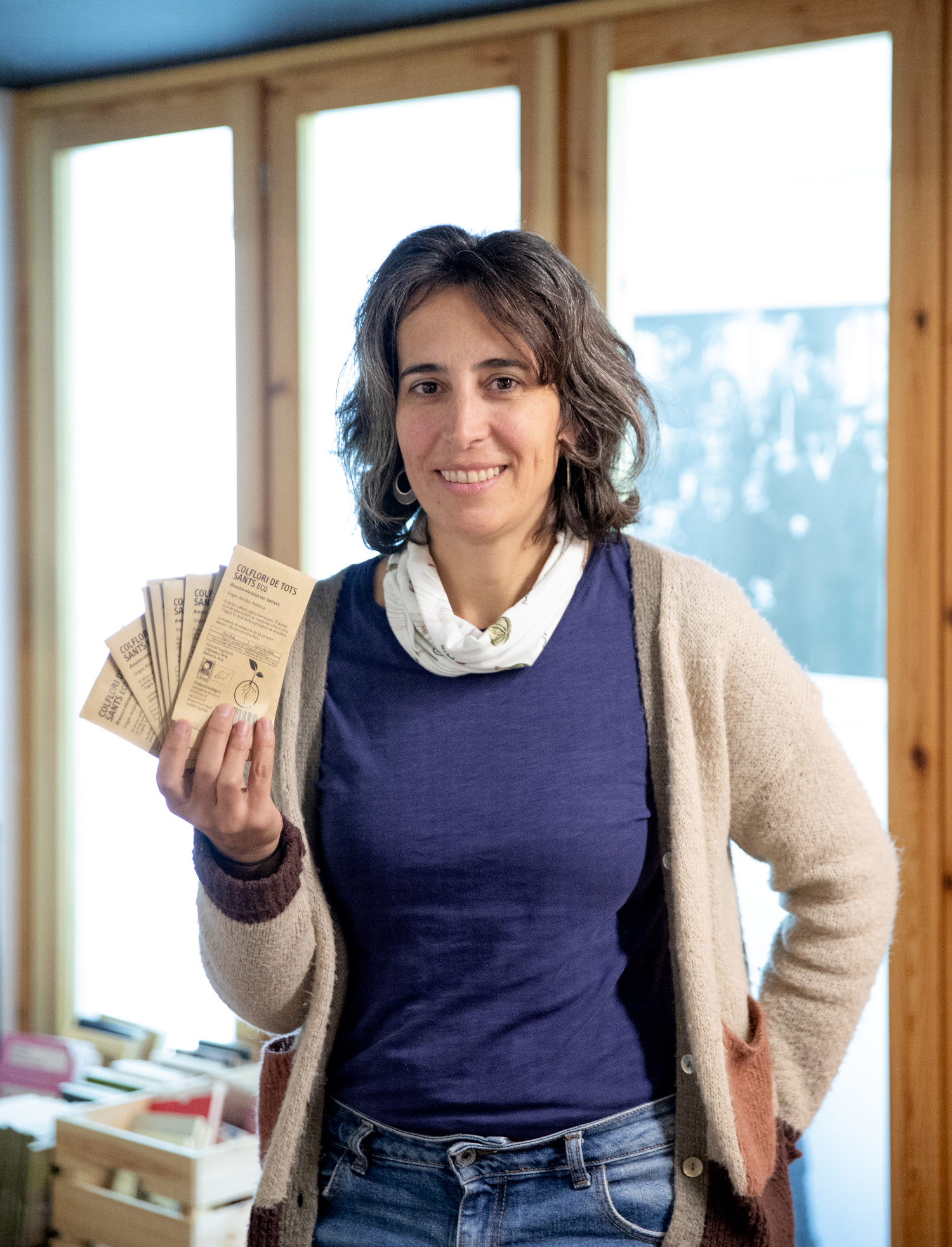Gilbert de Fraternités Ouvrières: "Permaculture is sharing: better to eat the trash together than just bio"
- A paradise of 1,800 square meters surrounded by concrete in a decadent industrial city, a vegetable garden of fruits arranged by meticulous laborers, contrary to the recommendations of most of the earth's scholars, the very productive Eden who has managed to create the most fertile land... In Mouscron, where Picardy, Flanders and Wallonia are located, we are awaited by Fraternités Ouvrières, the vegetable garden worker, although from 13 November the old leader Gilbert Cardon, the permacultor syndicalist, is missing.
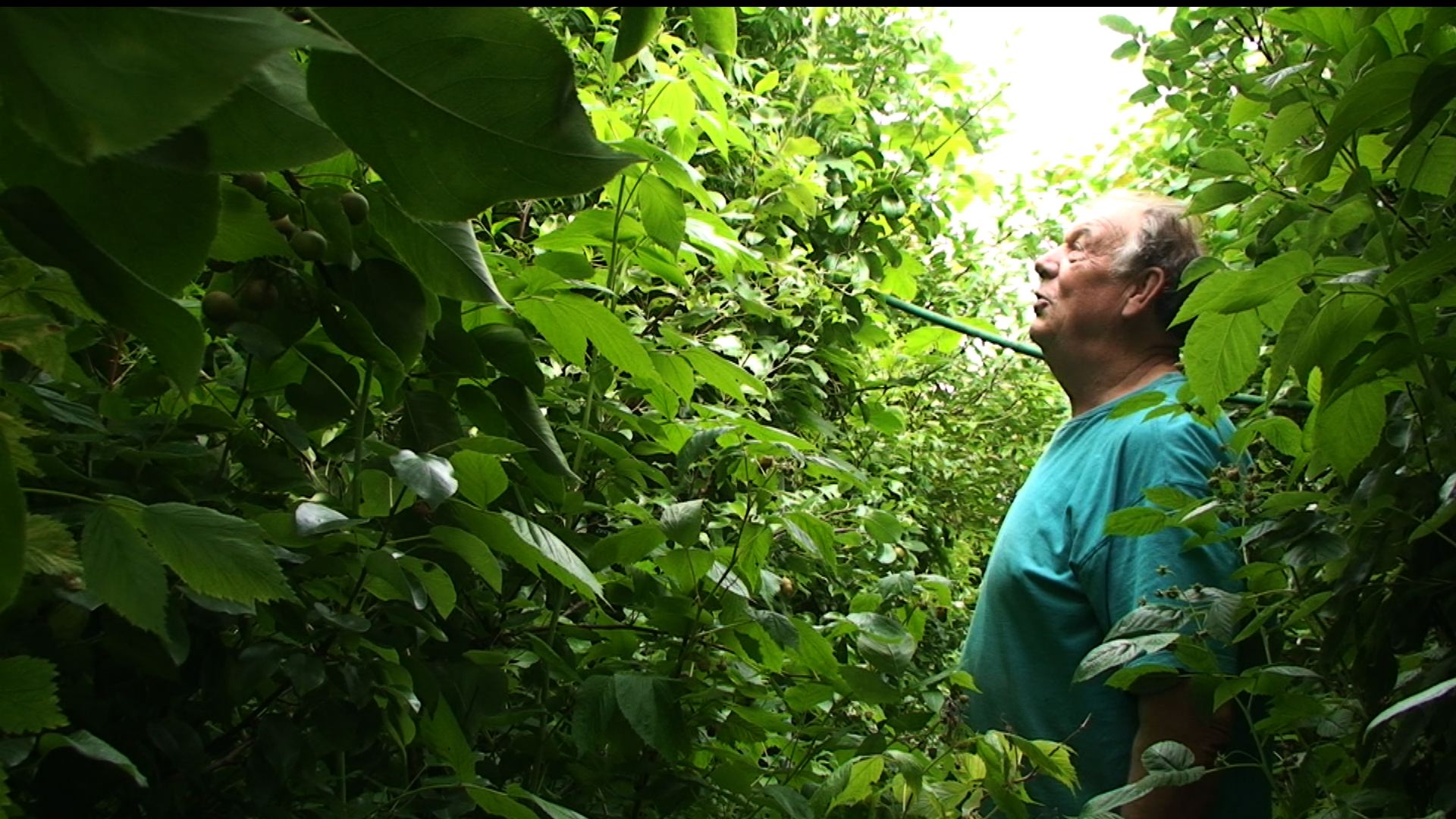
In 1969, the marriage formed by Josine and Gilbert Cardon to work on the education of the poorest people founded the association Fraternités Ouvrières (“Brotherhood of the Workers” or “Brotherhood of the Workers”) in the Belgian town of Mouscron, along with the well-known French Roubaix, known to bicycle enthusiasts. The duo of CGT trade unionists soon had work and in the 1970s the vegetable garden was imposed among the proposed activities on workers made redundant by the brutal conversion of steel factories.
But it wasn't just a vegetable garden. Everything would be natural in the orchard that the Cardona had given to the community... in those times the only curious and ecological thing was that of four scholars. A scandal in Belgium had made them open their eyes on the poisoned food of children. But in addition, the food, plants and seeds created had to be cheap enough to pay anyone. As Gilbert has been heard, “the rich can come if they want, but the self here is not for them.” In Europe, before listening to the concepts of permaculture or edible jungle, they do so in Fraternités Ouvrières, mixing trees, bushes, vegetables, small domestic animals, creatures in puddles…
40 years later there is an Eden that attracts hundreds of visitors in Mouscron Karlos V. Emperor on 58th Street.

The
orchard that filmmaker Benjamín Hennot called The Jungle Étroite (“Narrow Forest”, a video worth seeing) accumulates in 1,800 meters near 2,000 trees and shrubs and over 4,000 varieties of vegetables. In 2,000 trees and bushes there are 1,300 different varieties: 395 apples of 312 classes, 242 perches of 160 varieties. The microclimate, created from small fruits, mulberries, raspberries, grapevines… A small, tupid forest, close enough to pass just one person between the lines, allows them to survive in Belgium and bear fruit to trees that can hardly be used ar.Una of the fundamental parts of the association is the seed, which brings together the seeds of
more than 6,500 vegetables and varieties. In tomatoes, for example, 800 classes. In the seed bank everything is produced, bought and shipped together, in recycled packaging and in small cardboard boxes. “It takes people to put all this into the bags, there are two months of work and volunteers do it, if not you couldn’t. But the volunteers are a choice made to the spleen, people are eager to come to work, the system is at full speed.” Currently there are 2,000 socios.Como in the search for seeds for their vegetable garden, many approach Fraternités Ouvrières to the
courses organized throughout the year. Gilbert has been one of the rapporteur partners until 2020, when meetings and visits on the occasion of COVID-19 have been suspended, among other rapporteurs, has been the star in issues such as food sovereignty, tree pruning and grafting, soil preparation, poison free orchard, seed harvesting and use…
Cherries for us... and for birds
In one of the courses he approached Mouscrone Benjamin Hennot, recently studied cinema, and became fascinated: “I was interested in biological agriculture and Fraternités Ouvrières seemed to me to be the most appetizing model in this field, because it had roots before permaculture and bio issues. It is one of the best examples of popular education, precisely because it has remained popular, facing the aesthetics and ideologies of the middle class. The simple people of Fraternités Ouvrières are at ease, they are in the opposite of the places that the cultural elites have created for them.”

The
filmmaker perceives in the words and actions of the Cardont the signs of the syndicalism and theology of Askapen, which were the fuels of his youth. Gilbert's speeches always show the happiness of sharing life with his close friend, the happiness of a humble life, a kind of empowerment or encouragement of the poor. “The Last Supper of Jesus could be one of Gilbert’s models, arguing among friends about the Brunehaut beer drinks. Also the one in which Jesus expelled the merchants of the Temple. I've seen Gilbert surrender to a man who seemed to stretch his teeth. ‘Hey,’ if you want to make some money, you can’t stop coming to us.’ A
special, outdated trade unionist. “Sometimes the worker has to know how to do the wrong job, and that’s the hardest thing. You have seen that many of your colleagues are going to take to the streets, precisely because the factory works very well, and you propose: ‘We have to start making mistakes from time to time, slow down production, if not this and that go to the streets’… and that to the workers, we have so internalized that we do the job well!’ Gilbert Cardon, left trade unionist, former industrial, matured by
natural vegetables and Fukuoka’s subjects: “We have internalized this stupid spirit of the West, we don’t plant cherry trees because the birds are going to devour the fruits. Permaculture is the opposite: we will plant the second, with a little luck we will eat it all, the birds and us. We prefer not to eat to share! We want to do the opposite here. Once you've agreed to share yours with the people around you and with the birds, everything is easier, you're going to produce enough for everyone."
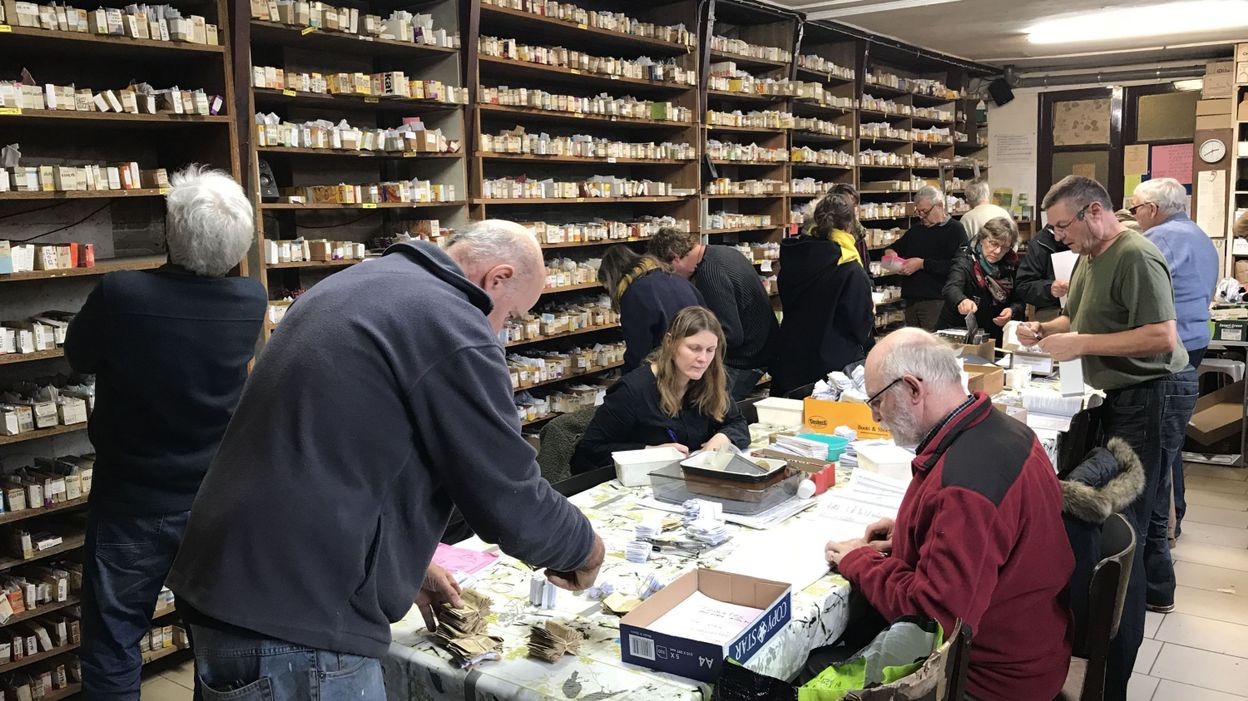
Nice punch even for those who only care about their health when looking for clean food! “These are obsessed with death.” I didn't ask Gilbert for his complement, "Do you think he's come to a nursing home?" Health, beyond what most doctors do, is in the head. In this sense, what is worse to eat and drink than to make the prolific activity consume a list of food items? To feed has to be a celebration, a happy communion with friends and nature.
Gilbert felt the need to continue provoking, because many of the Fraternités Ouvrières were approaching – as the author of this little chronicle would like to do one day – to enter the extasia in that fruit garden, to get lost in the small jungle of Wallonia, to smell that rich land... But no, Gilbert Cardon tells us, all of this is nothing more than an ingredient of a purpose that goes beyond an astonishingly productive urban garden, because ... Je préfère bouffer de la merde ensemble que du bio tout seul!

Bizkaigane elkarteak elikadura burujabetzan oinarritutako proiektua du Errigoitin (Bizkaia), 1983tik. Instalazioak dauden lur eremutik aterarazi nahi du lur jabeak elkartea. EHNE Bizkaia sindikatuak adierazi duenez, instalazioek lege eta administrazio eskakizun guztiak betetzen... [+]
Martxoaren 10etik 26ra izango da udaberriko kanpaina. 'Beste modura, denona de onura' lelopean arituko dira gertuko ekoizpena, banaketa eta kontsumoa babestu eta sustatzeko, ager zonaldean euskara hauspotzen duten bitartean. Apirila amaieratik aurrera jasoko dira... [+]
Euskal Herriko bi muturretatik datoz Itziar (Bilbo, 1982) eta Ekaitz (Erriberri, 2002), sortzen ari den Burujabetzaren Aldeko Mugimenduaren berri ematera. Euskal Herrian diren burujabetza prozesu ugariak arloz arlo bultzatu eta indartu nahi ditu BAMek. Lan horretan hasteko,... [+]
Emakume bakoitzaren errelatotik abiatuta, lurrari eta elikadurari buruzko jakituria kolektibizatu eta sukaldeko iruditegia irauli nahi ditu Ziminttere proiektuak, mahai baten bueltan, sukaldean bertan eta elikagaiak eskutan darabiltzaten bitartean.











